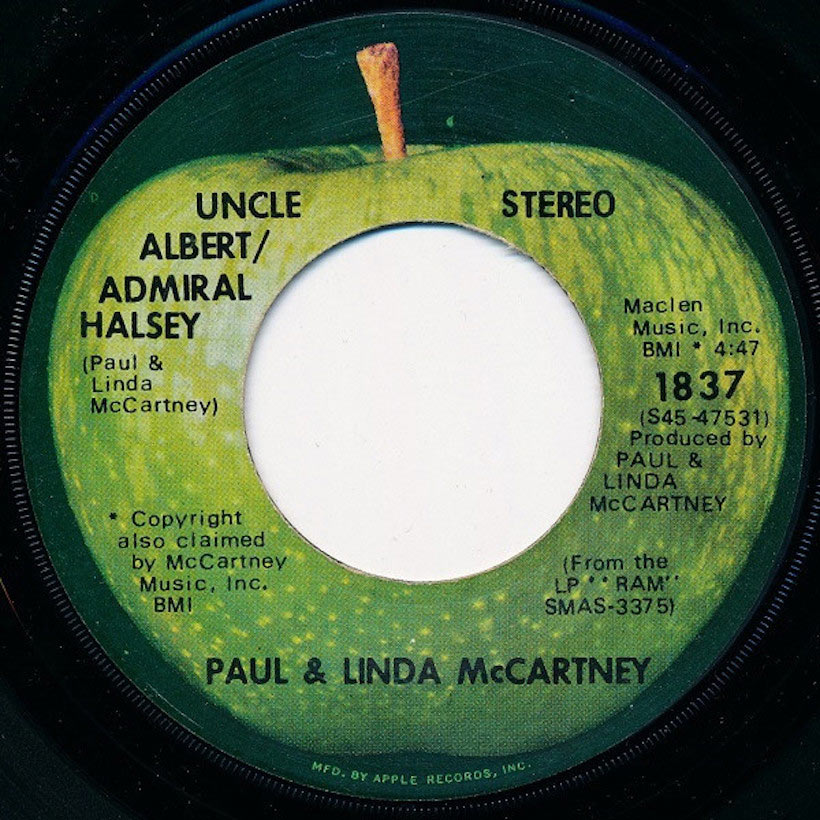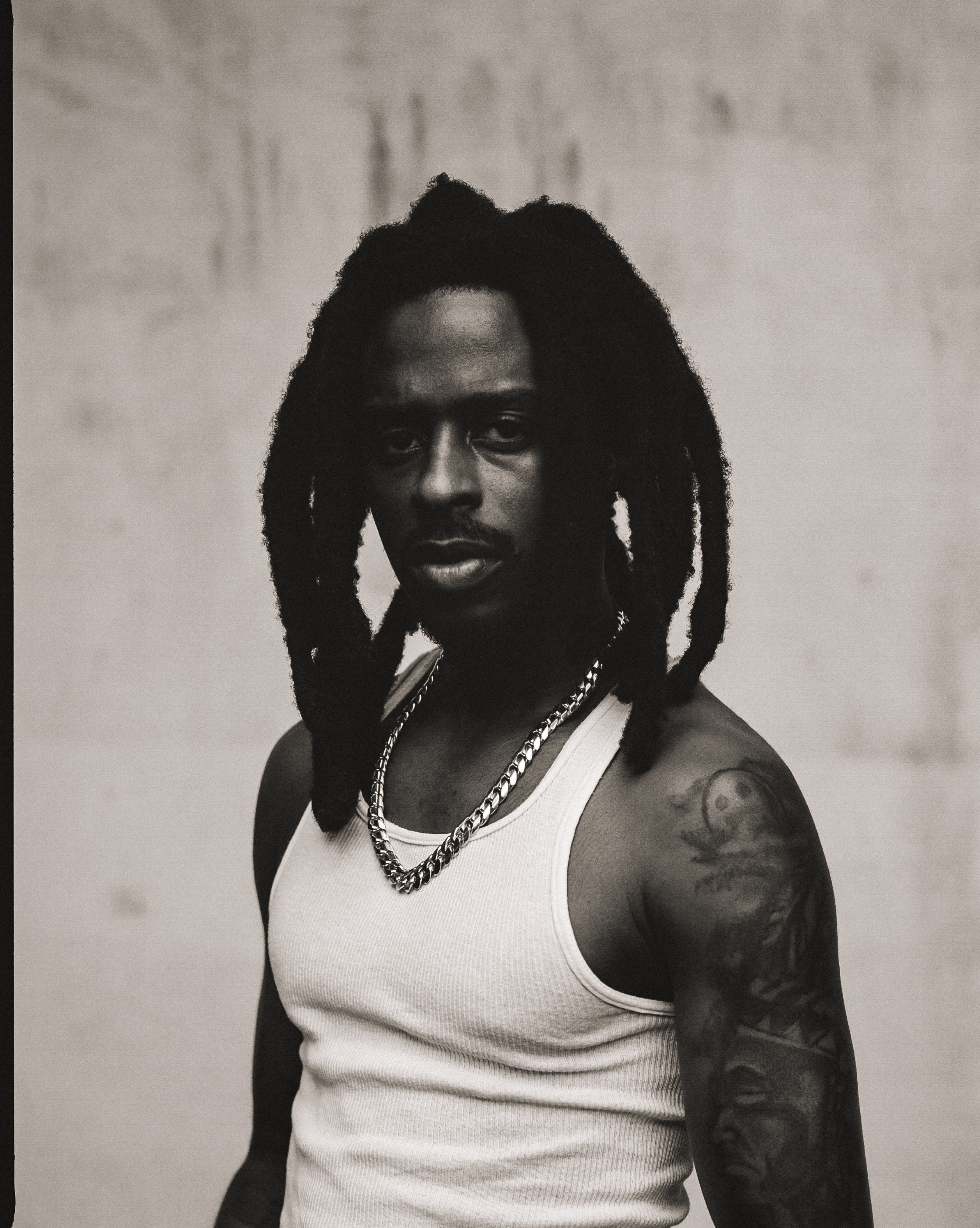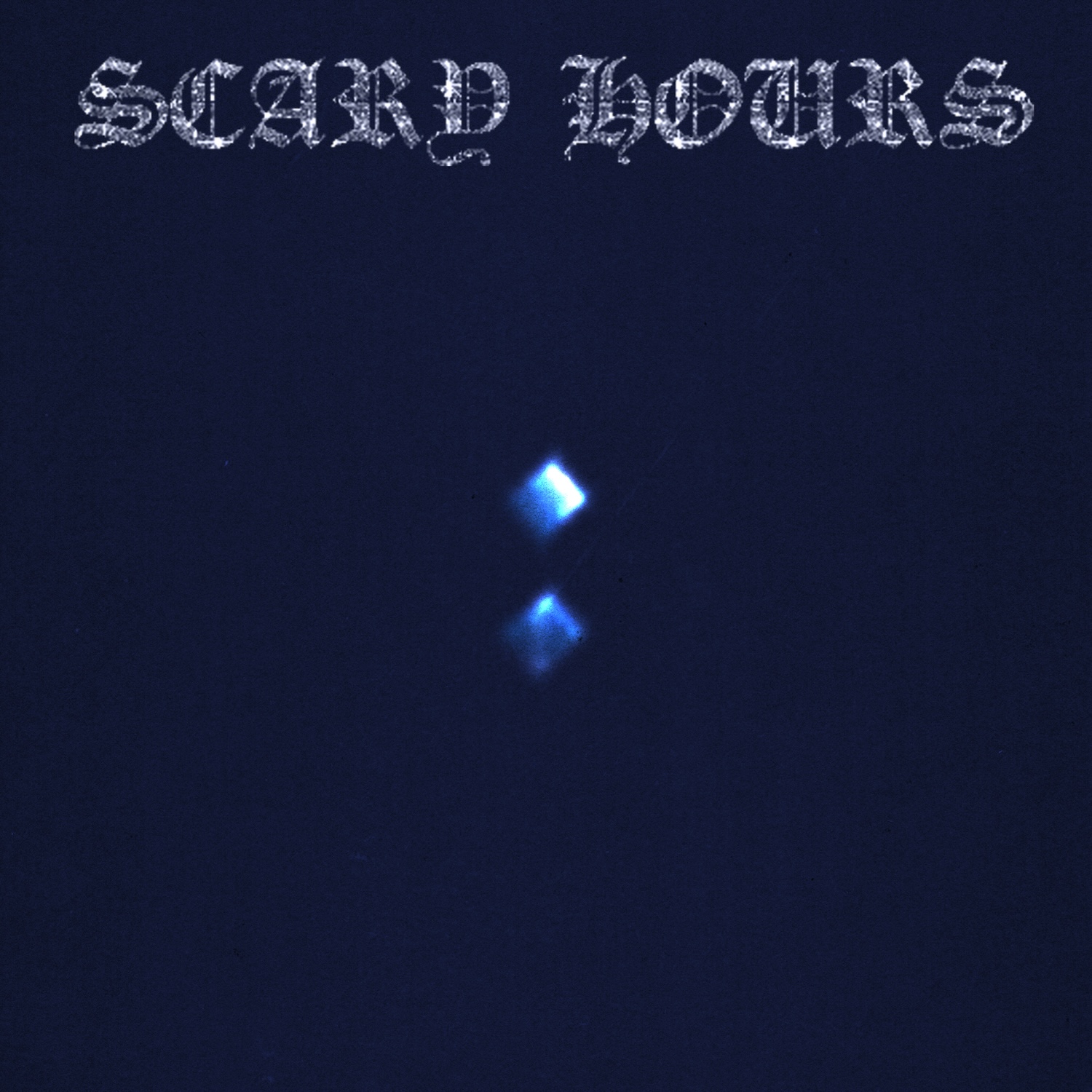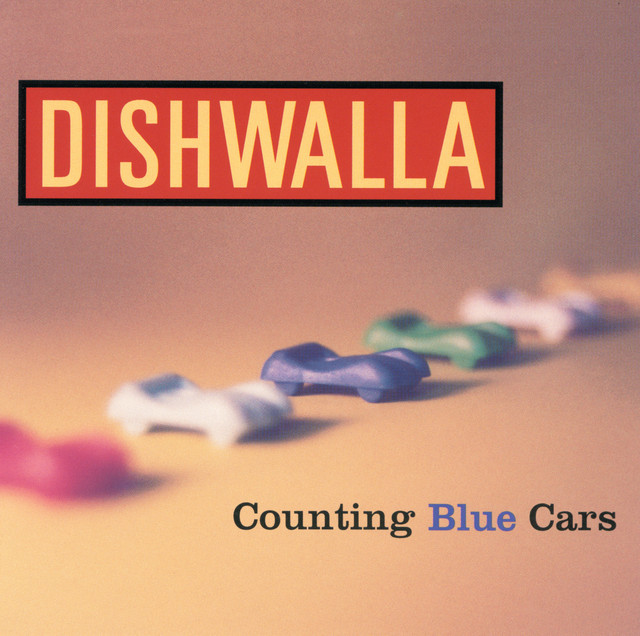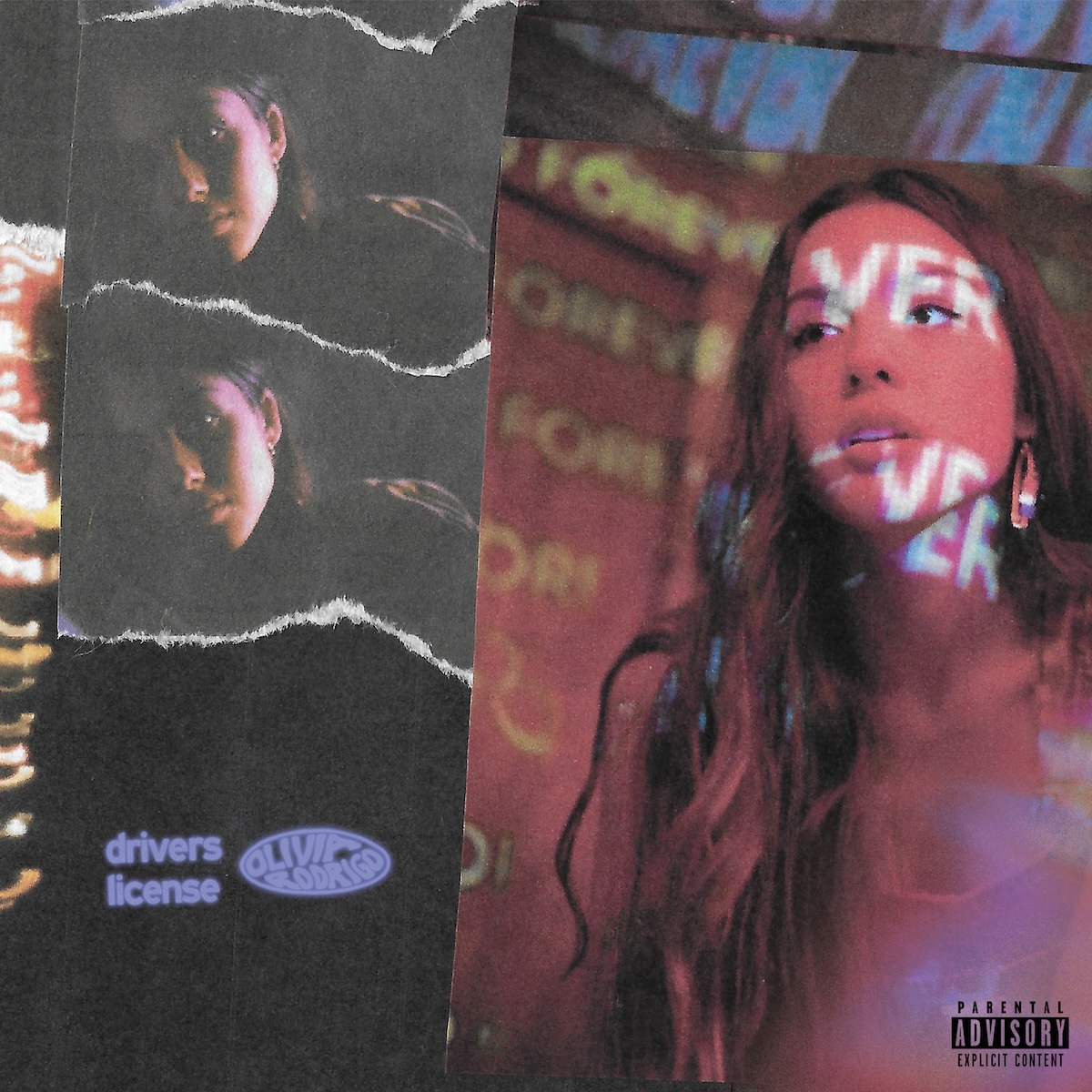In The Number Ones, I'm reviewing every single #1 single in the history of the Billboard Hot 100, starting with the chart's beginning, in 1958, and working my way up into the present.
Paul & Linda McCartney - "Uncle Albert/Admiral Halsey"
HIT #1: September 4, 1971
STAYED AT #1: 1 week
When the Beatles broke up, did anyone have any inkling, any idea at all, that Paul McCartney would turn out to be the weird one? By the time the band finally spun off into component parts, the personas were firmly in place: John Lennon was the visionary experimentalist, while McCartney was the permanently thirsty pop hack. As Lennon and McCartney feuded with each other for the first half of the '70s, Lennon was only too happy to play up that image, as was the nascent conversation-driving magazine Rolling Stone. And eventually, McCartney really did find his way back to pop dominance. But for a while there, McCartney was off on his own woozy trip. "Uncle Albert/Admiral Halsey," McCartney's first #1, is a random freak-occurence #1, a pop hit that doesn't even register as a pop song.
When the Beatles broke up, McCartney was in a funk. He'd been the one driving the Beatles by the end, the one making the business calls and attempting the grand gestures and trying to keep things together. When that didn't work out -- when his old bandmates didn't want anything to do with him -- McCartney took it hard. But his new wife Linda talked him out of it, and when he got back to making music, he also set about figuring out what his new voice would be.
It's funny: McCartney was a seasoned pop star by the time he started making solo records, and you could argue that his real first solo #1 was "Yesterday," the Beatles smash that included no other Beatles in any capacity. And yet the early McCartney solo records are oddly tentative and exploratory, with McCartney trying on different ideas, flirting with sounds and approaches. On 1970's McCartney, he played all the instruments himself, a feat that would've been technologically impossible only a few years earlier. (There weren't any singles from that album, though "Another Day," a breezily noncommittal shrug of a non-album single, peaked at #5. It's a 6. "Maybe I'm Amazed," the song that McCartney wrote to thank Linda for pulling him out of his depression, was the real iconic jam from that album, but McCartney didn't release it as a single until 1977, and that one was the live version.)
Ram, McCartney's second solo album, isn't really a solo album. It's the only album credited to Paul & Linda McCartney. Linda was a photographer, not a musician, when she met Paul. But he taught her to play piano, and she sang backing vocals on Ram. She also got songwriting credits on most of the songs, partly because she added vocal ideas and partly because Paul didn't want the Beatles' publishers to own his songs. (There was a lawsuit about those songs later, and Paul settled out of court.)
But the even billing on Ram makes sense, mostly because the album could never exist without Linda. Ram is a weird, gorgeous little head-trip of an album. The McCartneys recorded the album in a proper studio, even bringing in the New York Philharmonic for a few songs, including "Uncle Albert/Admiral Halsey." And yet the album's got a strange homespun charm. It sounds like a couple setting inside jokes and baby-talk nicknames to music. It's the sound of people holing up and figuring out their own private language. Goofy sounds and voices punch in all the time, but they rarely get in the way of the dazed beauty. If you've ever been shocked to find yourself suddenly happy, you might recognize what's going on on Ram -- that sense of wait, holy shit, everything is OK now? And that happiness would continue; Stella, the McCartneys' daughter, would be born a week and a half after "Uncle Albert/Admiral Halsey" hit #1.
"Uncle Albert/Admiral Halsey" sits right in the middle of Ram, and it's one of the loosest and silliest songs ever to reach #1 on the Hot 100. "Uncle Albert/Admiral Halsey" isn't even a proper song; it's a few unfinished sketches, mashed together jaggedly so that it's always slightly jarring when one section switches to the next. It's pretty and indulgent in equal measures, and its catchiest moments are also its most obnoxious. No non-Beatle could've ever taken a song like this to #1. But then, it's also possible that no non-Beatle would've been confident enough to attempt something like this in the first place.
In its way, "Uncle Albert/Admiral Halsey" is a meditation on a world that had changed so much in a few short years that it must've left older people feeling like their heads were spinning. The Uncle Albert of the first part was one of Paul's beloved relatives. (Albert worked with Paul's father at a Liverpool cotton business, and he'd married Paul's aunt Milly. Paul told stories about how Albert would get drunk and read from the Bible.) For the first half of the song, Paul sings an honest and heartfelt apology to Albert, using Albert as a stand-in for a whole older generation: "We're so sorry, Uncle Albert / We're so sorry if we caused you any pain."
Later on, Paul wrote that "Uncle Albert/Admiral Halsey" was "loosely about addressing that older generation, half thinking 'What would they think of the way my generation does things?'" In his capacity as a Beatle, McCartney had been one of the people most responsible for that generational shift. And as an amiable type, he was conscious of how disorienting that was for a lot of people. But the song isn't an altogether sincere apology, since Paul soon switches into a fake hoity-toity military-address voice, mocking the idea of anyone attempting to dictate the ways in which anyone else should live. Admiral Halsey was a real guy: William "Bull" Halsey, who'd commanded US forces in the Pacific during World War II and who'd died in 1959. McCartney seems to use him as a stand-in for increasingly irrelevant forces of authority.
Of course, you might not get any of that from listening to "Uncle Albert/Admiral Halsey." McCartney's lyrics seem to mostly consist of non-sequitur absurdities: "I had another look and I had a cup of tea and butter pie." The central hook -- "Haaaaands across the water" -- wells up suddenly, out of nowhere, and it works as the sort of irritant that gets stuck in your head and slowly drives you nuts.
There's a self-impressed cutesy feyness to "Uncle Albert/Admiral Halsey" that, if you're not in the mood to indulge McCartney, can grate hard. (Ram has its cult now, but plenty of people at the time -- Rolling Stone, Robert Christgau, John Lennon -- just hated it.) And yet there's also a gooey and overwhelming beauty to the whole affair, especially in those early moments when lazy blues-guitar leads are disappearing into thunderstorm sound-effects and orchestral splendor. In the Beatles, McCartney's weird compositions could feel forced or confrontational. Here, the expansive sprawl is comfortable and lived-in. And yet some of the silly touches remain irritating as hell. It's an early example of what I now think of as the Wes Anderson phenomenon: compositional brilliance and uncompromising personal aesthetic put in service of showy affectation.
Many years ago, I interviewed James Murphy, and he went off on this tangent where he lamented the way his younger contemporaries just weren't trying. (This was when Sound Of Silver was about to come out, so he had license to talk shit. The interview sadly isn't online anymore, so I'm going off of what I remember.) Murphy was making the point that Coldplay's Chris Martin could be as great as Paul McCartney, who Murphy called "a hack." But Chris Martin, as Murphy saw it, wasn't willing to make himself look stupid and fail. (I would love to hear Murphy's take on those fake military jackets that Coldplay started wearing when Viva La Vida came out.) Murphy's point was something like this (and I'm paraphrasing here): You don't get something like Ram unless you're willing to fall on your face. And that's "Uncle Albert/Admiral Halsey," a song that somehow manages to fall on its face and to soar at the same time.
GRADE: 7/10
BONUS BEATS: Here's the scene from Noah Baumbach's 2010 movie Greenberg where Greta Gerwig gets drunk and dances to "Uncle Albert/Admiral Halsey":
